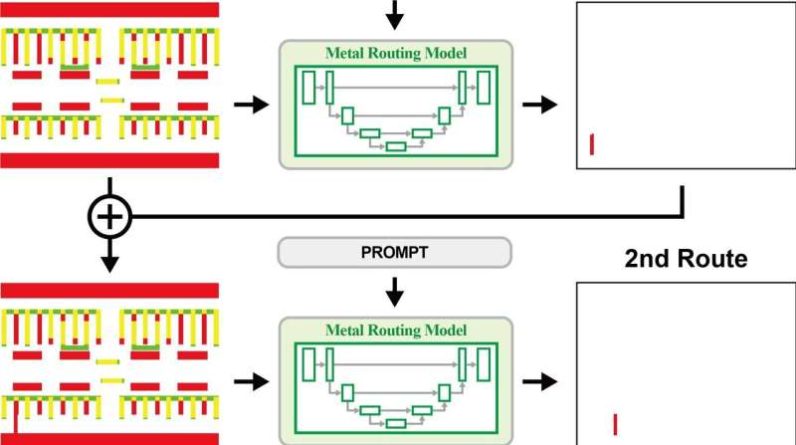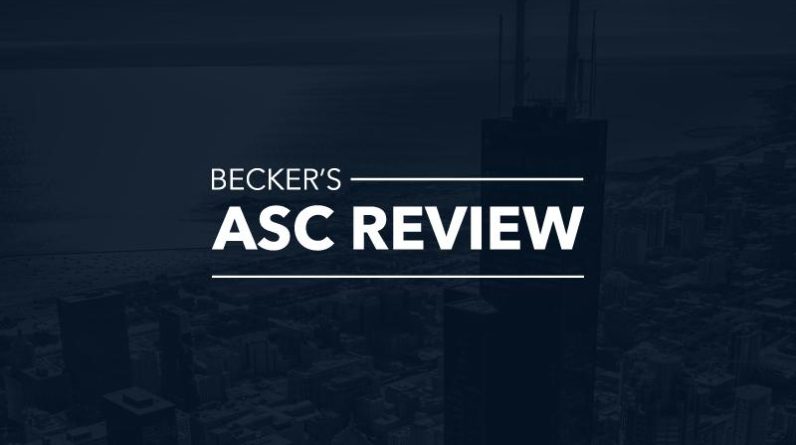
| Contributor
Technological acceleration, economic volatility, and the advancement of agentic artificial intelligence (AI) shape the future of work. Change can no longer be systematically managed through static frameworks or legacy leadership models. Jay Kiew, a change navigation strategist, global keynote speaker, and the CEO of Citizencentric, states that today’s landscape demands a mindset and capability that allows individuals to anticipate change, lead through it, and innovate within it.
Kiew has over 15 years of experience in organizational strategy and human capital transformation. He has advised numerous senior leaders and contributed to enterprise-wide change across industries. From his early days as a record-setting public speaker to his current role as CEO of a purpose-driven consultancy, Kiew has consistently mobilized teams and redesigned systems.
Kiew has tracked and analyzed the growing tensions in the future of the work landscape over the years. A striking pattern he noticed is the shift from information to insight. AI became more autonomous and capable of initiating tasks, making decisions, and optimizing workflows. What does this translate to? The traditional value proposition of junior knowledge workers is being eroded.
Tasks like data entry, report writing, coordination, and content summarization that have once been integral to entry-level roles are now performed faster and more accurately by AI agents. It’s reported that 44% of workers’ skills will be disrupted within the next five years due to rapid advances in AI and automation. Kiew’s analysis goes deeper. He asserts that what’s truly at stake isn’t only employment but the very essence of work.
Kiew acknowledges that certain roles will inevitably be phased out. However, how humans contribute meaningfully in a space where machines increasingly handle execution is being redefined. “The most valuable human work won’t revolve around performing tasks but imagining futures, making sense of complexity, and creating with intentionality and care. These are qualities that AI has yet to replicate,” he states.
As Kiew has observed, there has also been a shift in hiring priorities. More organizations prioritize roles rooted in human-centered experiences like hospitality and service design. According to Fast Company, distinctly human capabilities such as emotional intelligence, empathy, and cross-functional collaboration are among the most future-proof skills in the workforce. Kiew notes that this aligns with a broader movement toward purpose-driven leadership and a renewed focus on humanity in organizational life.
These insights led Kiew to develop Change Fluency™, a concept that describes a future-ready capability to not just survive change but to skillfully navigate it, adapt to it, and lead others through it. This framework is built on the four pillars of Discovering, Designing, Delivering, and Differentiating.
Discovering entails foresight and strategic sensemaking, scanning the horizon for signals of change like technological shifts and behavioral trends, and interpreting their implications. “Discovering empowers leaders to zoom out before zooming in. Seeing around corners is now a survival skill,” Kiew says.
The second pillar, Designing, is about creativity, ideation, and vision-casting. It invites leaders to imagine better ways of working and being and build toward those futures with intention. For instance, as agentic AI opens new possibilities in automation, it frees humans to focus on what Kiew calls “working in wonder.” He has seen clients generate breakthroughs in product innovation, employee experience, and community engagement when they have the means to think beyond legacy systems.
Meanwhile, Delivering focuses on operational execution, influence, and accountability. The ability to influence others and follow through on commitments becomes more essential in the modern world. “If execution used to be about control, it’s now about coordination, clarity, and co-creation,” Kiew shares.
Differentiating, the final pillar, is about embracing what makes humans unique. AI being more adept at replicating technical tasks means storytelling, empathy, and authenticity are fast becoming strategic assets. Kiew challenges leaders to ask: “What can we do that technology cannot?”
Kiew’s upcoming book, Change Fluency, set for release in November, will expand on these ideas. Part practical guide, part business parable, the book explores what it means to lead transformation in 2040, a fictionalized future shaped by real trends. This work is intended to be a modern playbook for innovation, grounded in lived experience and designed for anyone leading change in uncertain times.
Volatility, complexity, and exponential technology define modern times. Jay Kiew’s work offers a new compass for transformation. He emphasizes that change is no longer something to be managed but a language individuals must become fluent in. Through Change Fluency™, leaders can do just that.





